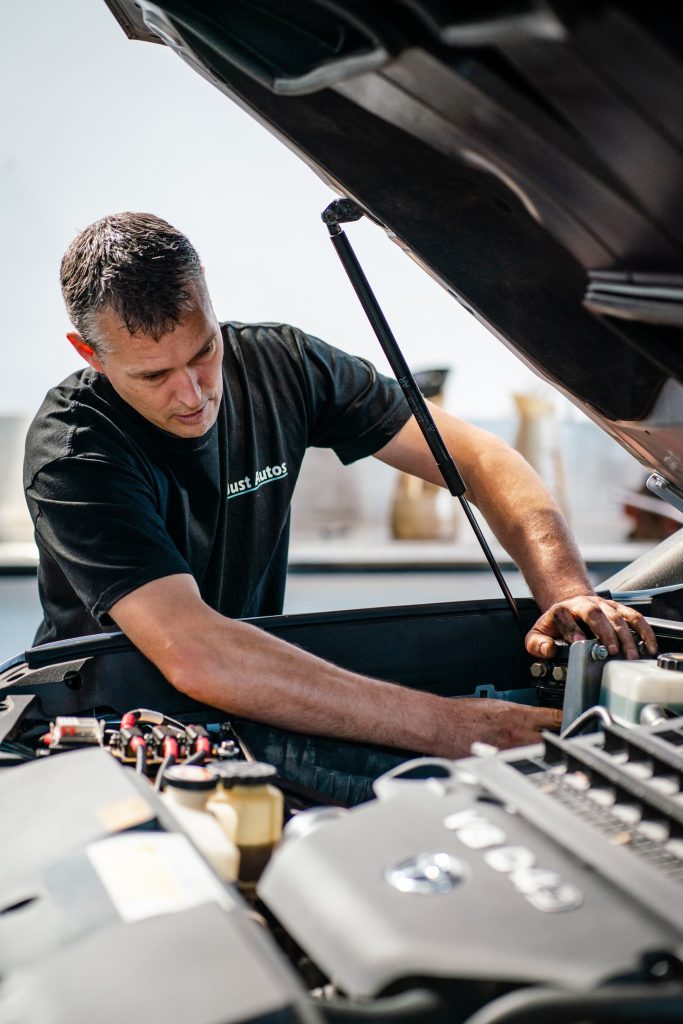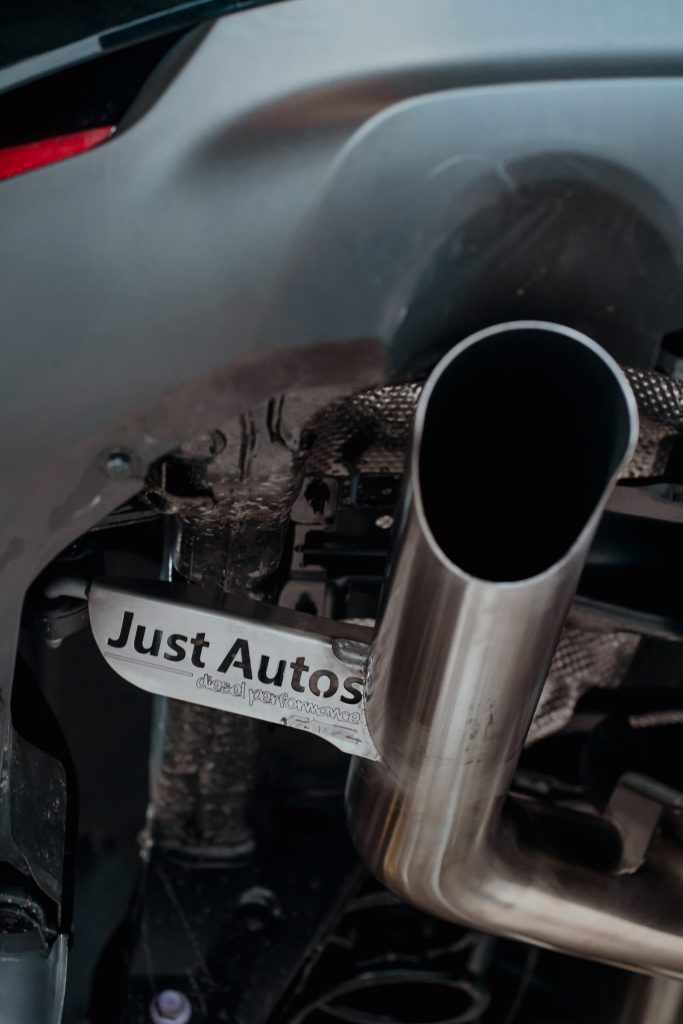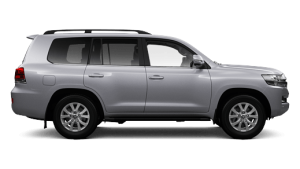Many diesel owners ask about the necessity of having an oil catch can – especially when most modern diesel engines are fitted with an Exhaust Gas Recirculation (EGR) system. These components have become a necessity in modern vehicles and aim to lower emissions outputs, as well as improve throttle response and provide greater engine longevity.
Oil catch cans are entirely separate and are responsible for collecting oil vapour released from the crankcase of your engine. So how do the two components work together? Find out how below – and learn why you may want to fit a catch can, anyway!
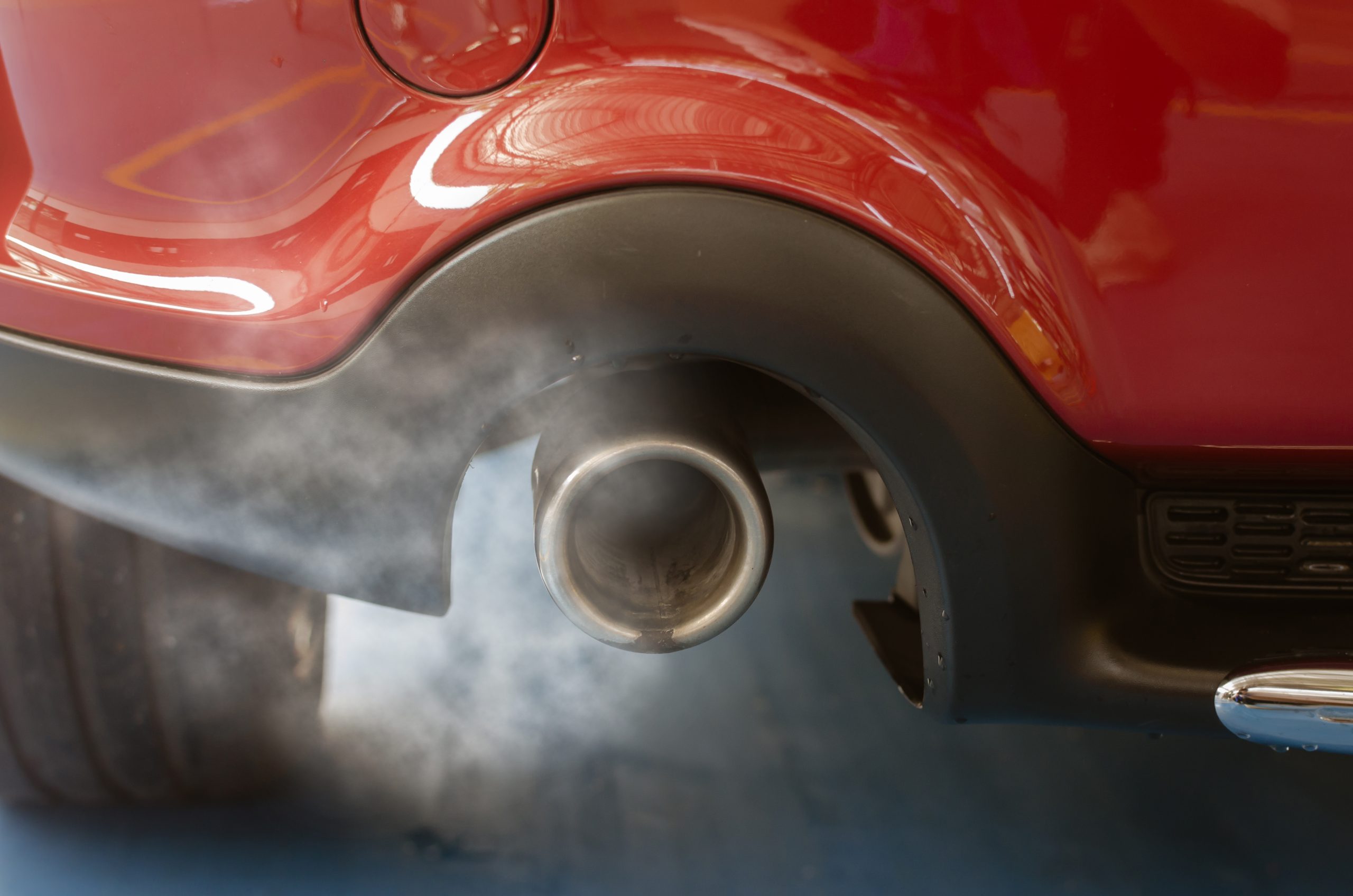
What is an EGR System?
An Exhaust Gas Recirculation system is a type of emissions control equipment. Manufacturers began fitting these to diesel engines in Australia from around 2000, and all newer diesel engines will likely have this component as a standard feature. This is because all vehicles must comply with the Australian Design Regulations (ADR), of which emission outputs are critical to the criteria manufacturers must meet to access the Australian market.
Read More: Does Dirty Diesel Damage Your Engine?
As emissions laws and restrictions become more pertinent around the world, most vehicle manufacturers are changing the way the engines of their vehicles work in order to abide by local laws and legislations. Some countries have emissions laws that are strict enough to limit what vehicle you are able to drive at all, but for diesel vehicles, an EGR system has allowed them to meet required levels in countries across the globe.
How Does an EGR Work?
NOx, or oxides of nitrogen, is one of the main pollutants from cars and is the primary target of an EGR system. When fuel combines with the air drawn into your engine, it ignites and combusts within the combustion chamber, which reaches temperatures of over 1370º. At this high temperature, NOx is formed.
To reduce the amount of NOx your engine creates, the exhaust gasses need to be cooled before being emitted from your vehicle. This is achieved by recirculating the gases back into the combustion chamber via the Exhaust Gas Recirculation system, which reduces the temperature of the gasses and inhibits the production of NOx.
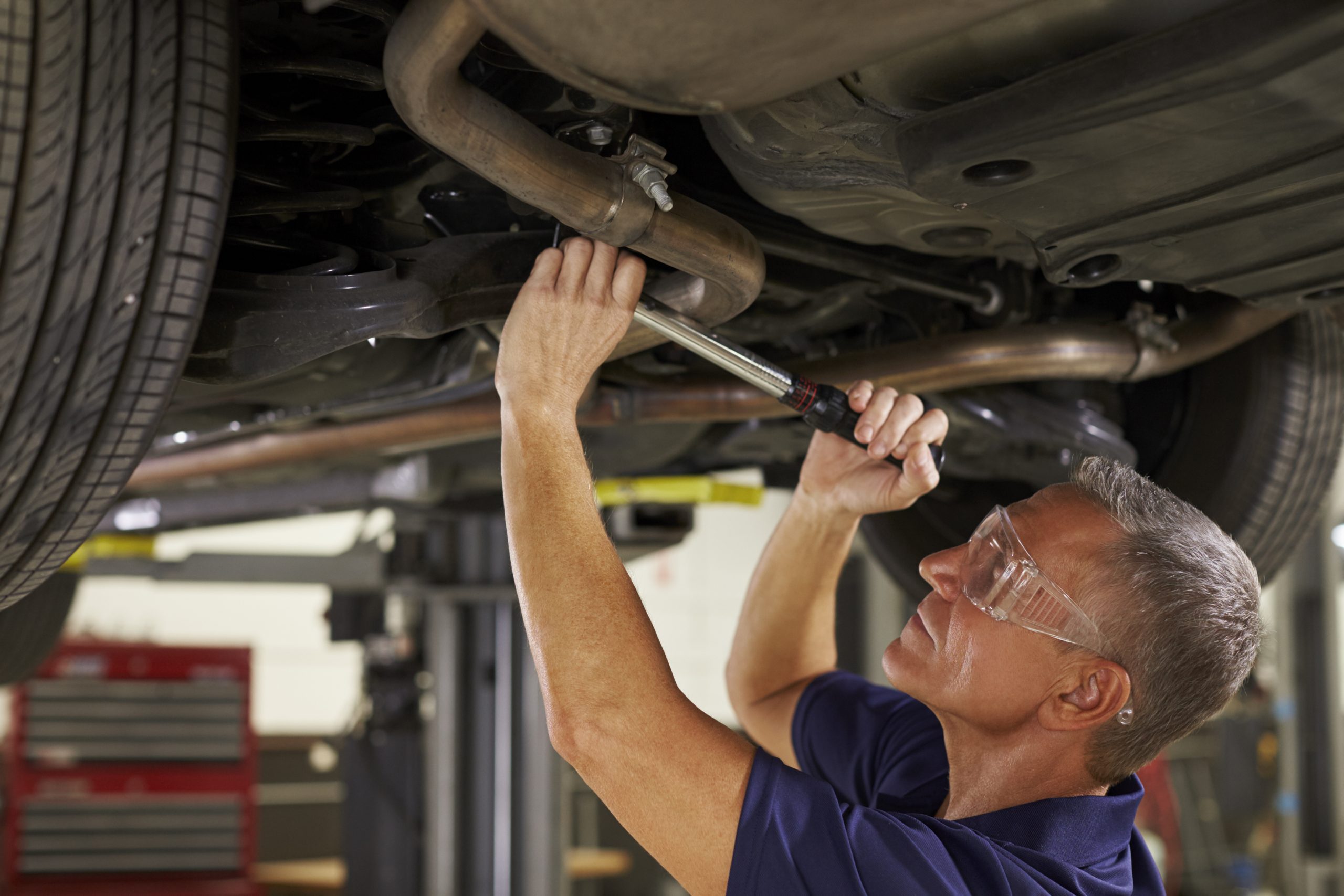
The Problem With EGRs
An EGR system by itself is unproblematic, but when its function intertwines with the function of your engine’s PCV valve, things tend to get messy. Positive Crankcase Ventilation (PCV) valves help release pressure built up around your engine’s crankcase, redirecting the pressure back to your intake, inevitably taking a small amount of engine oil back with it.
When this oil meets the NOx gases being recirculated by the EGR, it results in a sticky, claggy build-up of carbon that solidifies over time. Any diesel owner will likely be familiar with what this nasty combination looks like, but the result is the same: after blocking up your intake manifold, it gradually starts to inhibit the function of your engine, resulting in engine performance issues, increased NOx emissions, greater fuel consumption, and even engine knock.
Left untreated, this sticky substance is enough of a nuisance that even modern diesel engines will eventually seize completely, leaving the only solution to be replacing the entire engine with a new one!
Oil Catch Cans Help!
There’s no such thing as a part you can fit-and-forget, but an oil catch can may significantly reduce issues you experience with your diesel’s EGR system. These small components are fitted between the PCV valve and the intake manifold to catch oil and other debris that would otherwise begin to coat the intake valves. Generally, an oil catch can will have a filter to separate oil from air, allowing the oil to collect at the bottom of the component instead of being sucked back into the intake.
This means that it is effective against preventing the NOx gases from the EGR and the oil from the PCV valve from mixing and forming that dangerous sludge!
You will need to empty and clean out your oil catch can from time to time to prevent it from becoming too full and allowing its sediments back into your engine. Another way to keep your engine from clogging up is by regularly cleaning your intake manifold.
Read More: Why You Should Regularly Clean Your Intake Manifold
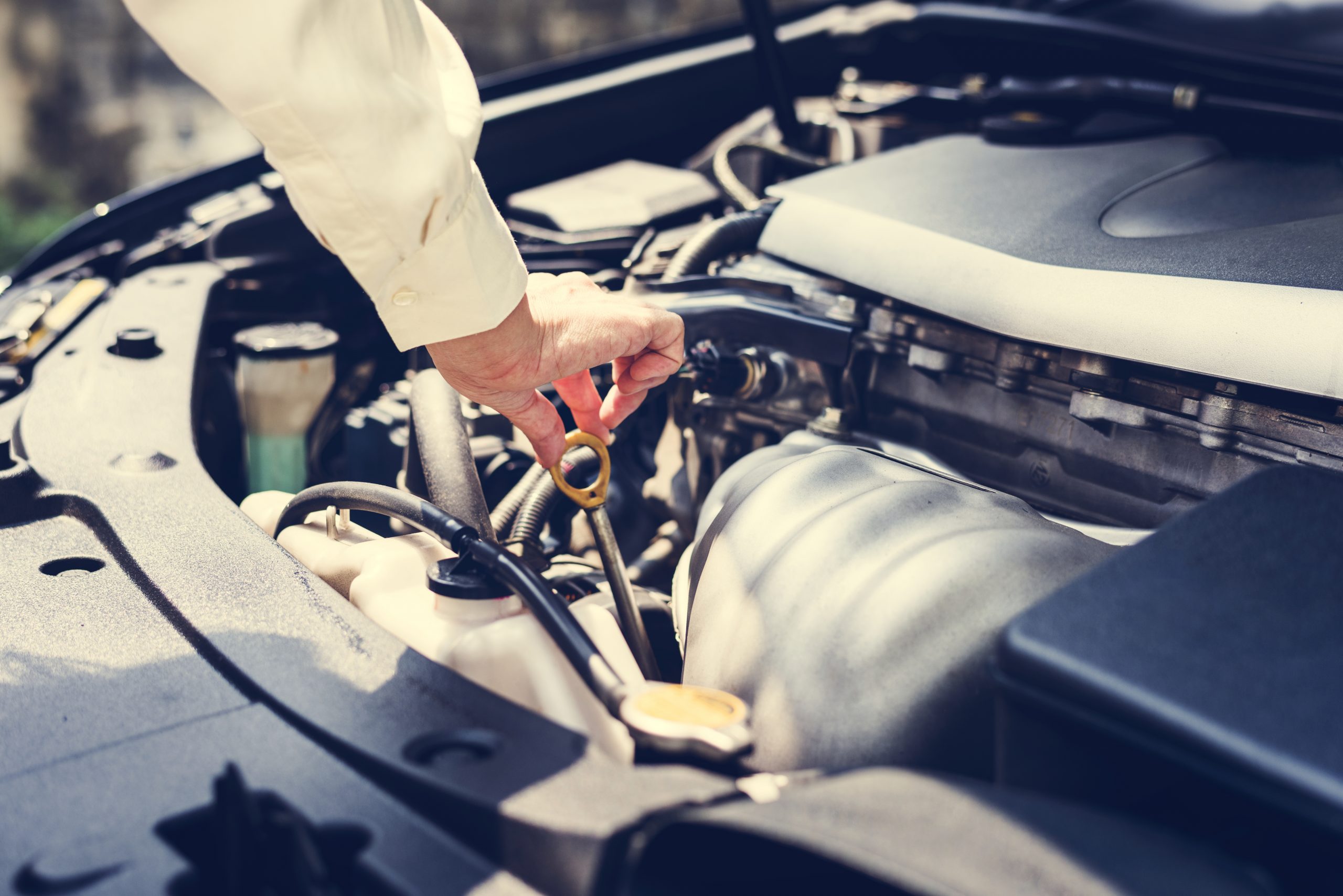
Protect Your Diesel Engine
Taking care of your turbo charged diesel engine isn’t as mountainous as it may seem! If you are concerned about your diesel’s EGR system or want to have an oil catch can fitted, contact the team at Just Autos for professional service and advice you can count on.
Our experts will help you identify issues or potential problems within your diesel engine and rectify them before they become expensive replacements. Just Autos can also help you improve the performance of your diesel – simply contact us to find out more!
